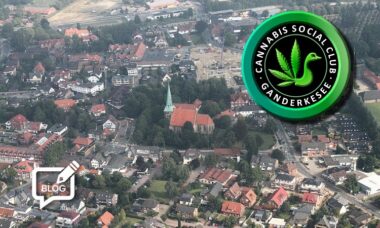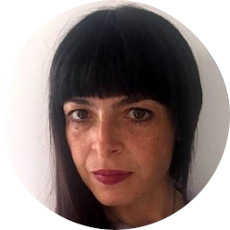 The first cannabis club in Germany may soon start operating after receiving a licence from local authorities.
The first cannabis club in Germany may soon start operating after receiving a licence from local authorities.
The issuing of the first cultivation licence for a club under Germany’s new cannabis regulation, which partly legalised distribution and use of recreational cannabis, occurred only weeks after clubs were officially allowed to operate on 1st July in the Länder (state) of Lower Saxony, where a permit was granted to the Ganderkesee club.
The Länder’s minister of food, agriculture and consumer protection, Miriam Staudte of the Greens party, promoted the issuing of the permit through her social media, posting pictures of the event where she presented the permit to the club and calling it “a historic step for consumer protection and controlled cannabis cultivation in Germany”. However, it remains to be seen whether local authorities in other German states will display the same positive attitude towards the social club system.
After Germany’s new cannabis law entered into force on 1st April of this year, Bavaria’s president, Markus Söder, leader of the local Christian Social Union conservative party, who fiercely opposed the regulation, said Germany was “harming itself and endangering its population’s health”.
Based on the new law, state administrations are responsible for managing the licensing scheme for cannabis clubs within their territory and have the power to restrict their number in cities and districts, so one may wonder whether obtaining a cultivation permit will be more challenging for clubs in Bavaria and other conservative Länders than it was for the Ganderkesee club in Lower Saxony.
The German version of the club system is different
The cannabis club system is not new in Europe and beyond.
In the European Union, Malta was the first country to regulate it, while cannabis clubs have been established outside of a legal framework in some parts of Spain, such as Catalonia and the Basque Country.
The German model, though, has its own peculiarities, starting with the fact that club members cannot consume cannabis on club premises, which contradicts the basic logic behind the creation of the first cannabis clubs and their current existence in other countries: consumption would be auto-regulated through social integration and interaction among members.
Another factor heavily affecting the chances for this new cannabis distribution system to develop smoothly across Germany is bureaucracy.
Clubs are subject to very strict rules, and compliance with them is expected to be regularly checked, when it comes to the amount of weed they produce and who is supposed to cover what role in the cultivation process.
Also, the fact that the licence-issuing process is not handled at the federal level has already caused disparities between clubs based in different Länders.
Off to a rocky start
Speaking to international media, Berlin-based club High Ground’s manager Oliver Waack-Jürgensen, said that since April he hasn’t even been able to complete the appropriate forms to request a permit, as paperwork requirements varied and information about them was often wrong.
He had therefore lost hope of starting operating before the end of this year.
It is still early to assess whether these difficulties and lack of clarity are only a predictable part of a new system’s initial phase and whether they will naturally be resolved as both authorities and clubs get used to the process.
Judging from the start, though, it doesn’t seem likely that German cannabis clubs will be able to compete with the country’s black market when it comes to distribution, at least not in the short term.
– Tiziana Cauli CannIntelligence staff
Photo: Bin im Garten, Wikimedia Commons







